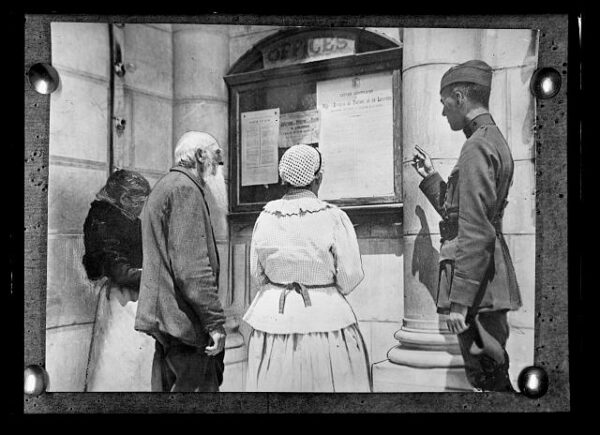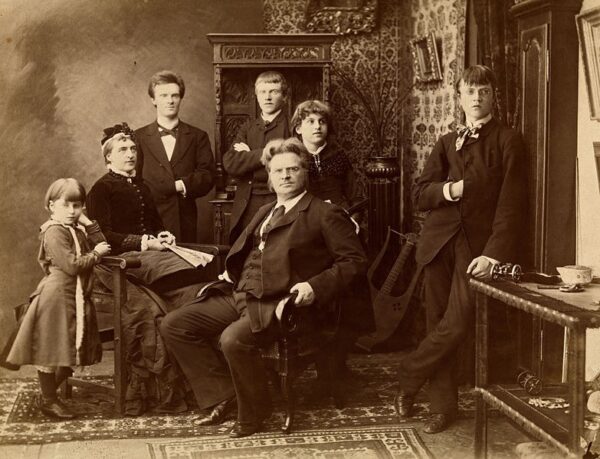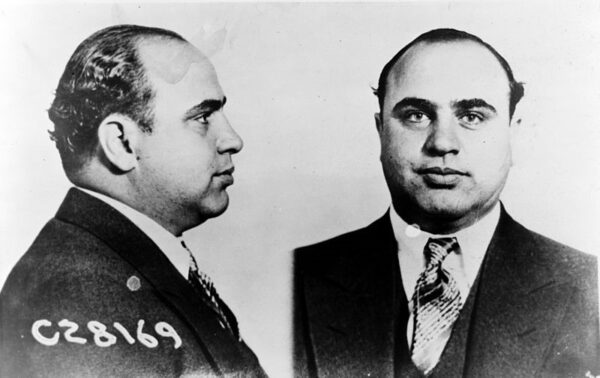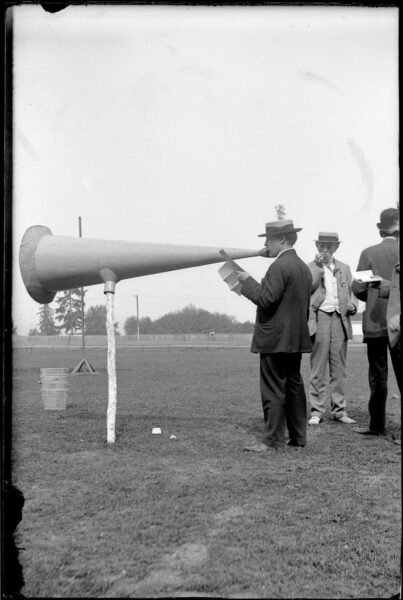Archive for the ‘Uncategorized’ Category

CAUTIONARY TALE EPISODE 47
COVID-19 REQUIRED BENEFITS TAKE TWO
In July 2021, the California Labor Commissioner cited Bodega Latina Corporation $447,836 for failure by three of its El Super grocery stores to pay 95 workers COVID-19 supplemental paid sick leave (SPSL). The Commissioner called for any other affected El Super employees to come forward.

WHAT’S NEW IN 2022
LAW ON THE WALL
California and the federal government require employers to conspicuously post a range of printed statements on workplace laws and required procedures, most available online from such agencies as the California Department of Fair Employment and Housing (DFEH), California’s Employment Development Department (EDD), the California Department of Industrial Relations (worker’s compensation), the California Industrial Welfare Commission (IWC) (wage orders), and the U.S. Department of Labor.

WHAT’S NEW IN 2022
PEACE BUT NO QUIET
Beginning 2019, any agreement to settle a California sexual harassment, sexual assault or sex discrimination court or administrative complaint could not include a confidentiality provision prohibiting disclosure of information regarding the claim.

WHAT’S NEW IN 2022
IN-LAWS ARE PEOPLE TOO
Under existing law, covered employers must grant an eligible employee’s request to take up to 12 workweeks of unpaid protected time off during any 12-month period for “family care and medical leave” for needed care of a child, parent, grandparent, grandchild, sibling, spouse or domestic partner with a serious health condition.

WHAT’S NEW IN 2022
GRAND THEFT WAGES
California has long regarded intentional employer failure to pay wages and tips as a misdemeanor, with civil penalties and remedies for their recovery. Labor Code sections 215 and 216. Effective January 1, 2022, prosecutors will have the discretion to bring felony charges for such violations under certain conditions.

WHAT’S NEW IN 2022
BAG-HOLDING INSURANCE
A.B. 1701, effective January 1, 2018, made “direct contractors” liable for all wages and benefits that any subcontractor at any level on a job fails to pay its workers, plus accrued interest. The resulting law, Labor Code 218.7, applies to any California contractor having a direct contract with an owner “for the erection, construction, alteration, or repair of a building, structure, or other private work.”

HANDLE WITH CARE
California regulates the wages and hours of workers through a series of “Wage Orders.” Wage Order 15 (WO 15) covers employees engaged in so-called “household occupations,” including “personal attendants.”

KEEP IT CURRENT
California law requires employers with five or more on payroll to provide sexual harassment prevention and resolution training to all managers and employees every other year. We offer an interactive live webinar as a superior alternative to impersonal point-and-click online training.

CAUTIONARY TALE EPISODE 46
PAY BACK ON RETRIBUTION
For the relative ease in proving wrongdoing, unlawful retaliation against an employee for having complained of improper workplace conduct or conditions continues as the “go-to” accusation of choice against employers.

CAUTIONARY TALE EPISODE 45
OLD BOY KILL-JOY
The U.S. Equal Employment Opportunity Commission (EEOC) enforces federal laws prohibiting sexual harassment and retaliation.
